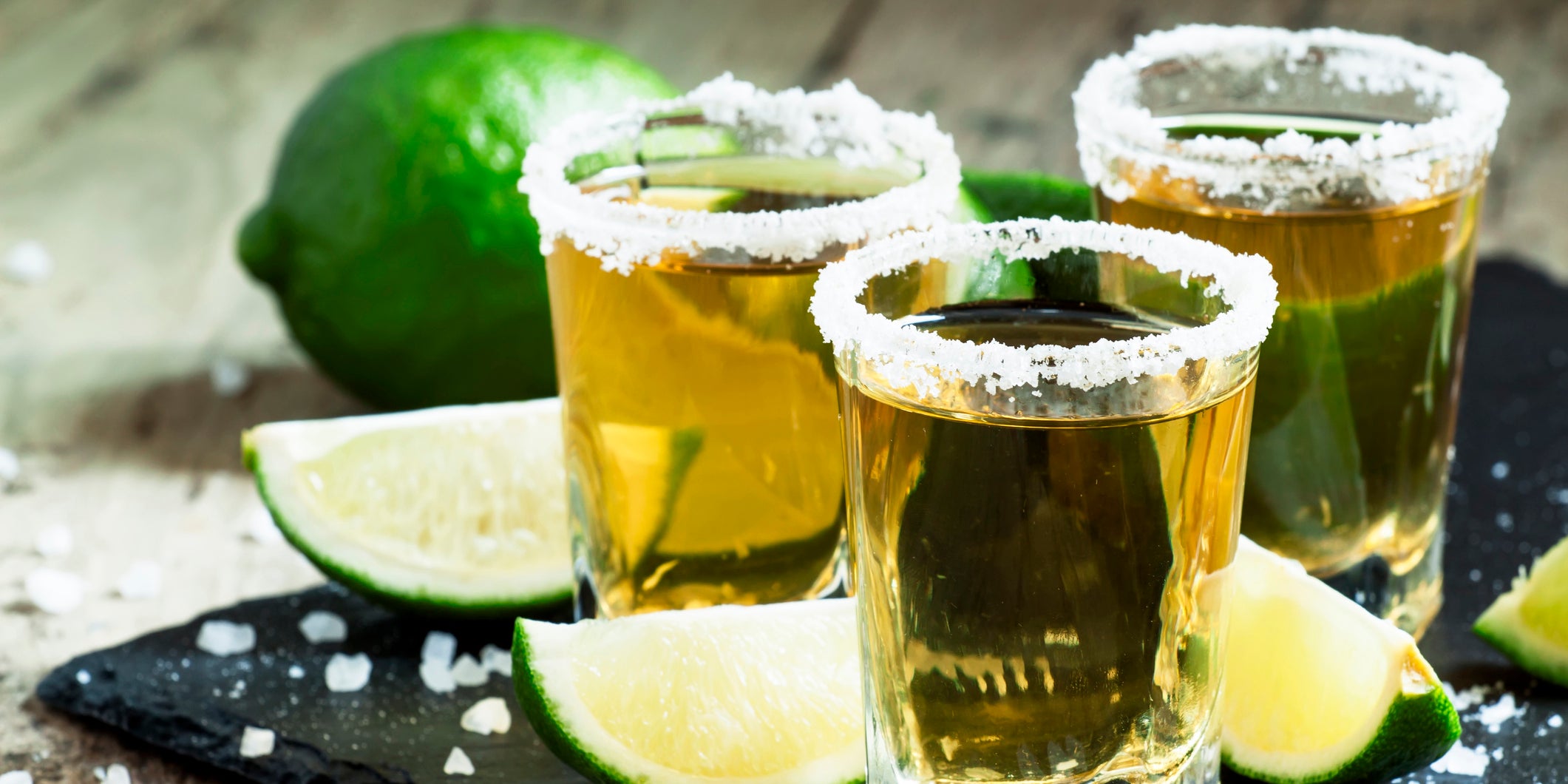It’s not just a bad hangover – this is how alcohol affects the environment
Alcohol is a thirsty product: one 500ml bottle of beer uses 148 litres of water – and a single 125ml glass of wine, 110 litres


Your support helps us to tell the story
From reproductive rights to climate change to Big Tech, The Independent is on the ground when the story is developing. Whether it's investigating the financials of Elon Musk's pro-Trump PAC or producing our latest documentary, 'The A Word', which shines a light on the American women fighting for reproductive rights, we know how important it is to parse out the facts from the messaging.
At such a critical moment in US history, we need reporters on the ground. Your donation allows us to keep sending journalists to speak to both sides of the story.
The Independent is trusted by Americans across the entire political spectrum. And unlike many other quality news outlets, we choose not to lock Americans out of our reporting and analysis with paywalls. We believe quality journalism should be available to everyone, paid for by those who can afford it.
Your support makes all the difference.We are all more conscious about the environmental impact of the food we eat, how we travel and the clothes we buy – but many of us won’t have given a second thought to the alcohol we consume.
That’s not surprising, as the effects on the climate of the production and supply of our favourite psychoactive drug has been largely ignored, even though it is well known by the drinks industry.
At every stage of alcohol production there is an environmental footprint: from growing the raw ingredients, to manufacturing; through to packaging and transporting the finished product. As the population of the world grows, so does the demand – on land – to produce food to sustain people.
So, when land is given over to growing crops for alcohol production, this clearly reduces food-growing capacity. Unlike food, alcohol is not essential to life, resulting in a perverse situation where growing rice and potatoes for alcohol production is prioritised over supplying those who need these foods in many parts of the world.
It is not just land that is scarce – water supply is at a premium in many regions across the globe. As global consumption of alcohol increases, so does the demand for water used to irrigate crops, and in the manufacture of alcohol. One 500ml bottle of beer uses 148 litres of water – and a single 125ml glass of wine, 110 litres. Alcohol is a thirsty product.
Most crops will be sprayed with pesticides to improve yield and decrease disease; which, again, uses up natural resources and contributes to pollution of local waterways, as the chemicals in these pesticides find their way into nearby water courses – not to mention the considerable energy used in brewing beer and distilling spirits.
Toxic waste from alcohol production is a concern. For every litre of tequila produced, there is 5 kilos of pulp and 11 litres of acidic waste – both contaminate soil and water in the regions of Mexico involved in production.
Likewise, as tequila can only be produced in Mexico, despite being widely available around the world; physically distributing the drink uses considerable energy which contributes to pollution and environmental damage.
Packaging and refrigeration of alcohol products also comes with an environmental cost. While there is clearly scope to recycle aluminium cans and glass bottles, 50 per cent of these in the UK end up in landfill, with 50 billion cans reaching the same destination in America.
Overall, there is a rule of thumb suggesting that the higher the alcoholic content of a drink, the greater its carbon footprint. So, any change in trends or preference for types of alcohol, has an associated environmental impact. In the UK, the increasing popularity of wine and spirits in recent years has come with a greater cost to the environment than our previous preference for lower alcoholic drinks, like beer and cider.
As with so many aspects of alcohol consumption, little policy attention is paid to alcohol other than exploring ways that access to the drug can be improved either by reducing duty or extending opening hours and supply. We are currently in an environmental policy void in the UK – and in a state of denial about the significant environmental impact that alcohol has on our environment.
This would be relatively easy to change, just like clothes, or food, we could insist that manufacturers provide consumers with information about the carbon footprint of their products; so we can make an informed choice. This would provide an immediate incentive for the industry to reduce the environmental cost at every stage from crops to containers.
Alas, there is not yet any political will to disturb the cosy relationship between government and industry: an alliance that is gaining strength almost as fast as our desire to drink increasingly potent forms of alcohol.



Join our commenting forum
Join thought-provoking conversations, follow other Independent readers and see their replies
Comments